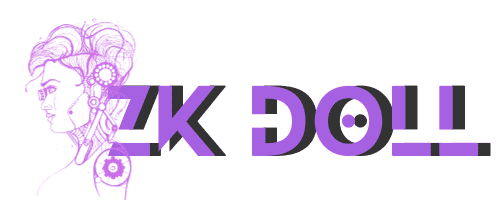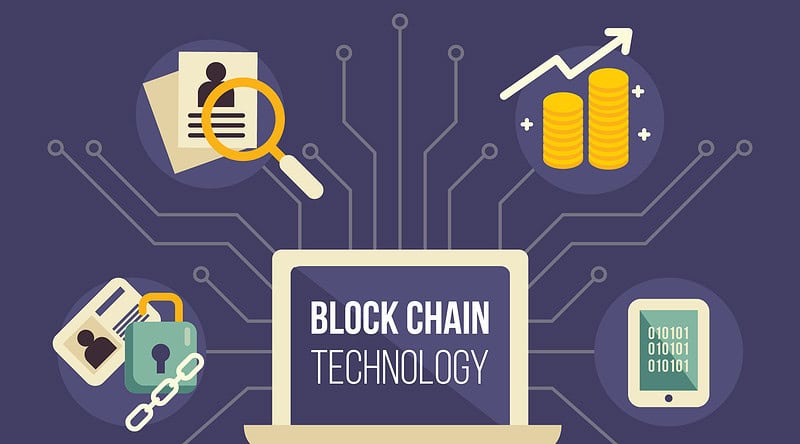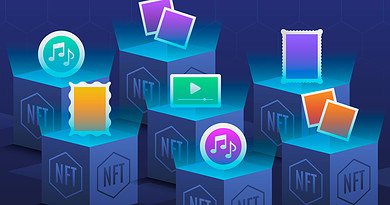Unlock the Power of Blockchain: A Beginner’s Guide to Web3
In the rapidly evolving landscape of modern technology, few innovations have captured the world’s attention quite like blockchain. If you’re new to this space, the concept might seem complex, but fear not – let’s delve into the fundamentals of blockchain technology.
What is Blockchain?
At its core, blockchain is a decentralized, distributed ledger technology that records transactions across a network of computers. Unlike traditional databases, which are centralized and controlled by a single entity, blockchain operates on a peer-to-peer network, allowing information to be stored securely across multiple nodes.
How Does It Work?
Imagine a chain of blocks, where each block contains a list of transactions. These blocks are linked together chronologically, forming a continuous chain. Every time a new transaction occurs, it gets added to a block. Once verified by network participants, this block is added to the existing chain, creating a permanent and unalterable record.
Key Components
- Decentralization
Blockchain is decentralized, meaning there’s no central authority governing it. Instead, it relies on a network of nodes (computers) that validate and record transactions, ensuring transparency and security.
- Immutability
Once a transaction is added to the blockchain, it becomes immutable. Tampering with or altering the data in a block is extremely challenging due to the cryptographic hashing used in the process.
- Transparency and Security
All transactions are visible on the blockchain, fostering transparency while maintaining high security through encryption and consensus mechanisms.
- Smart Contracts
These self-executing contracts are coded onto the blockchain, automatically executing actions when predefined conditions are met, eliminating the need for intermediaries in various agreements.
Applications of The Technology:
Blockchain’s impact extends far beyond cryptocurrencies like Bitcoin. Industries are exploring its potential in various sectors:
- Finance
Revolutionizing payment systems, cross-border transactions, and decentralized finance (DeFi) platforms.
- Supply Chain
Enhancing traceability and transparency in supply chains, reducing fraud, and ensuring authenticity.
- Healthcare
Safeguarding patient data, enabling secure sharing among healthcare providers.
- Real Estate
Streamlining property transactions, reducing paperwork, and ensuring transparency in property records.
Key Takeaway
Blockchain technology is poised to redefine the way we transact, interact, and secure data in the digital age. While it seems complex at first, grasping its fundamental concepts opens doors to a world of innovation and opportunity.
As the potential of blockchain continues to unfold, opportunities abound for those looking to enter this exciting field. Learning the basics of blockchain technology, understanding its applications, and gaining proficiency in programming languages like Solidity (for smart contracts) or becoming proficient in blockchain development are valuable steps toward a career in this industry.
Embrace the journey into blockchain – a technology that promises to reshape industries and drive the future of innovation.




